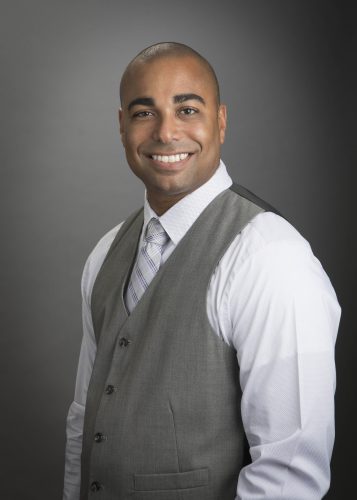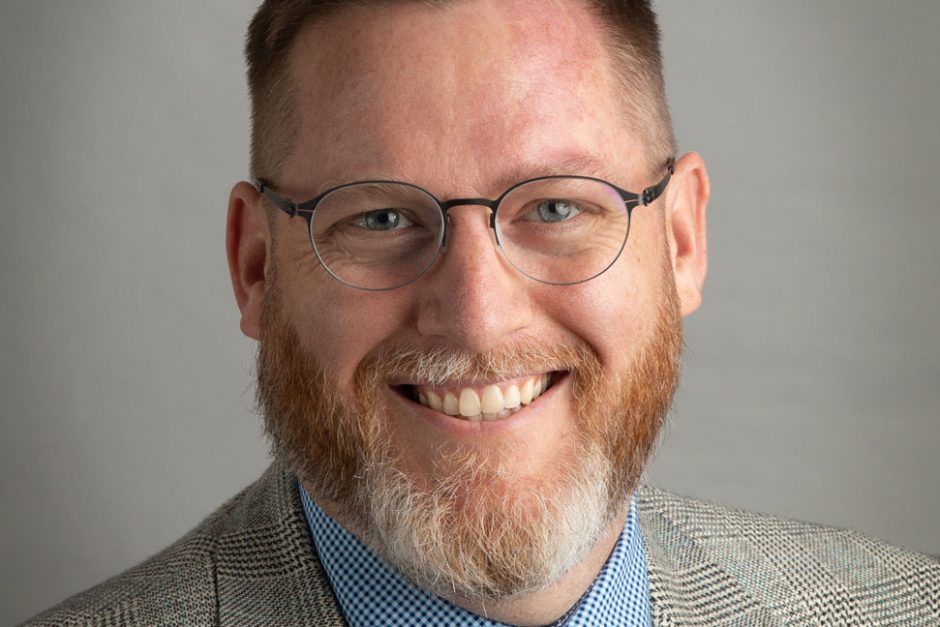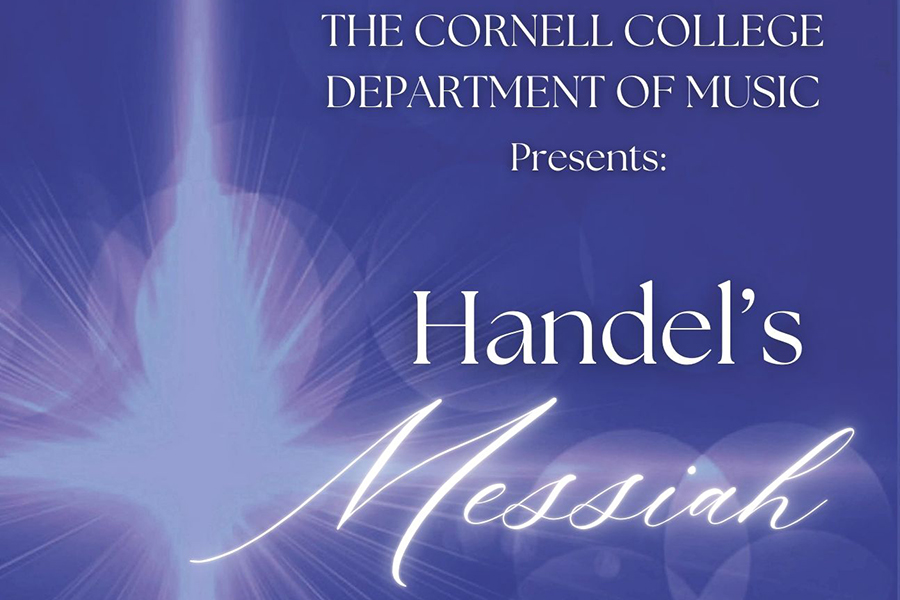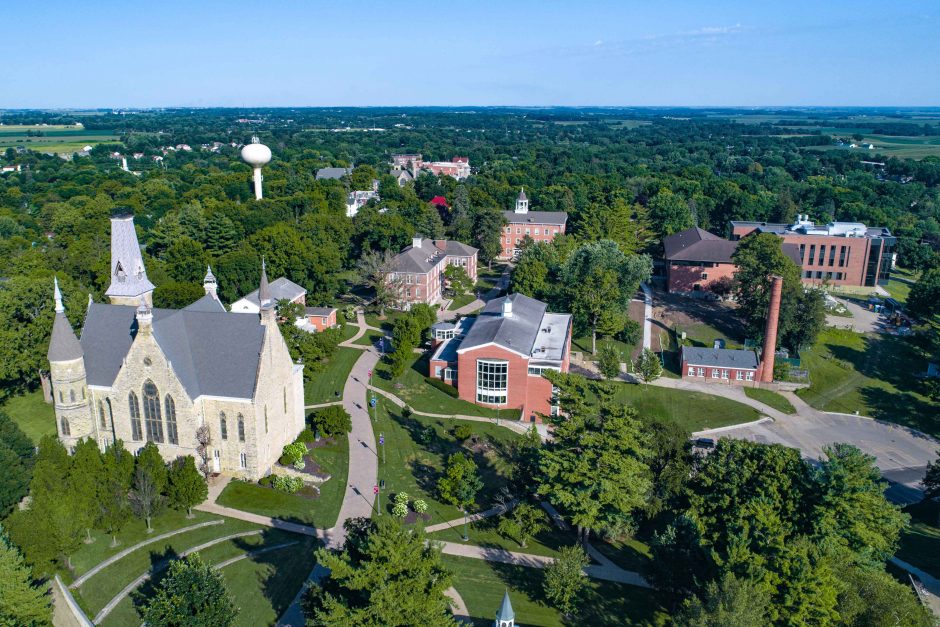Howard: Finding and protecting community
Claude Howard Jr. ’97 seemed destined to attend a flagship university in his home state of Michigan, when letters and phone calls from Ocie Trimble (then Cornell’s cross country and track and field coach) and Cornell admissions convinced him and his parents to visit campus. During the tour, Howard met a few members of BACO (Black Awareness Cultural Organization).

“That changed everything for me. That is the reason I came to Cornell,” Howard said.
In his first year, he took a sociology course, steering him away from pre-med and setting the stage for what Howard would eventually bring into his career in law enforcement.
Then, tragedy struck his family. “I lost my cousin through drug related gang violence. That moment solidified that I needed to continue my path in college rather than return home and continue to be around that type of environment,” Howard said.
Howard began to open up, at first with his BACO buddies. Later, with students who seemed very different from himself. “Everyone seemed different than me when I arrived,” Howard said. “I maintained only a few friends my first eight blocks, but then opened up to Johnnie Johnson ’97 and my life changed at Cornell.”
One student referred to him as “colored.” Claude decided to talk with her about what it was like to be black. BACO had given him the confidence to help others find the facts hidden under the fictions they saw on TV.
“Cornell provided me with the opportunity to interact with all different types of people,” he said. “How white people and black people interact, how rich people and people without money interact, and how people who had never met black people before act. The students of color went through a great many trials during that time, but the vision of BACO really kept us all close during those trying moments. BACO brought a large number of diverse people together for good causes.”
After Cornell Howard worked for the Marion (Iowa) Police Department for over 17 years. He’s been an arson investigator, on the tactical entry team and bomb squad, and on a federal task force where he worked undercover ferreting out drug-related criminals. He was also part of the Midwest Gang Investigators Association and an anti-terrorism FBI task force.
While he was researching a prescription drug case, Howard came across a career opportunity that kept his evenings free for coaching volleyball with his wife Tiel, and spending time with their two kids, Nia and Yosef.
He became the director of security and environmental safety at Mercy Medical Center in Cedar Rapids, Iowa, a role in which he finds himself mentoring his team of security officers.
“I learned over time as an officer that my presence creates anxiety and fear within people,” Howard said. “I realized the value in decreasing that fear, decreasing chaos in critical situations, which is what I try to instill in the officers at Mercy. Don’t let the badge enter the room before you do. Our job is to help. I do everything I can to introduce myself in an incident so people feel comfortable around me and feel they can talk to me to make sure that regardless of my authority, they are provided the freedom to feel their self-worth through my compassionate approach.”
— Lisa Gray Giurato



